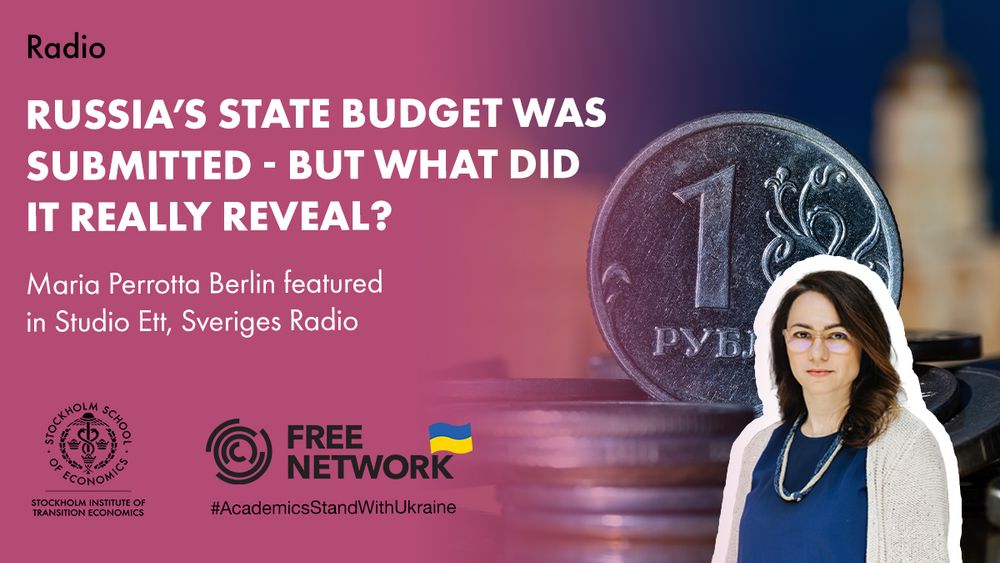Posts
Media
Videos
Starter Packs
Reposted by Maria Berlin
Reposted by Maria Berlin
Reposted by Maria Berlin
Reposted by Maria Berlin
Maria Berlin
@lilleberlin.bsky.social
· Aug 29
Maria Berlin
@lilleberlin.bsky.social
· Aug 29
Maria Berlin
@lilleberlin.bsky.social
· Aug 29
Maria Berlin
@lilleberlin.bsky.social
· Aug 29
Maria Berlin
@lilleberlin.bsky.social
· Aug 29
Maria Berlin
@lilleberlin.bsky.social
· Aug 29
Maria Berlin
@lilleberlin.bsky.social
· Aug 29
Maria Berlin
@lilleberlin.bsky.social
· Aug 29





